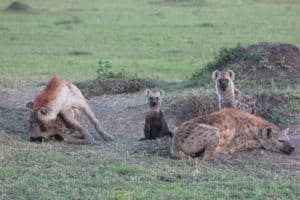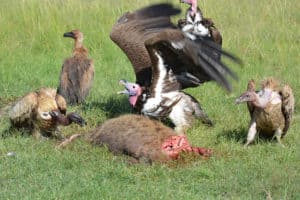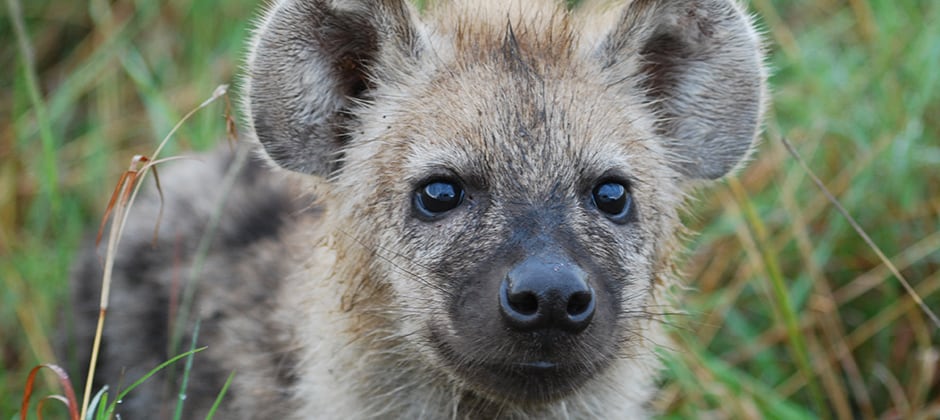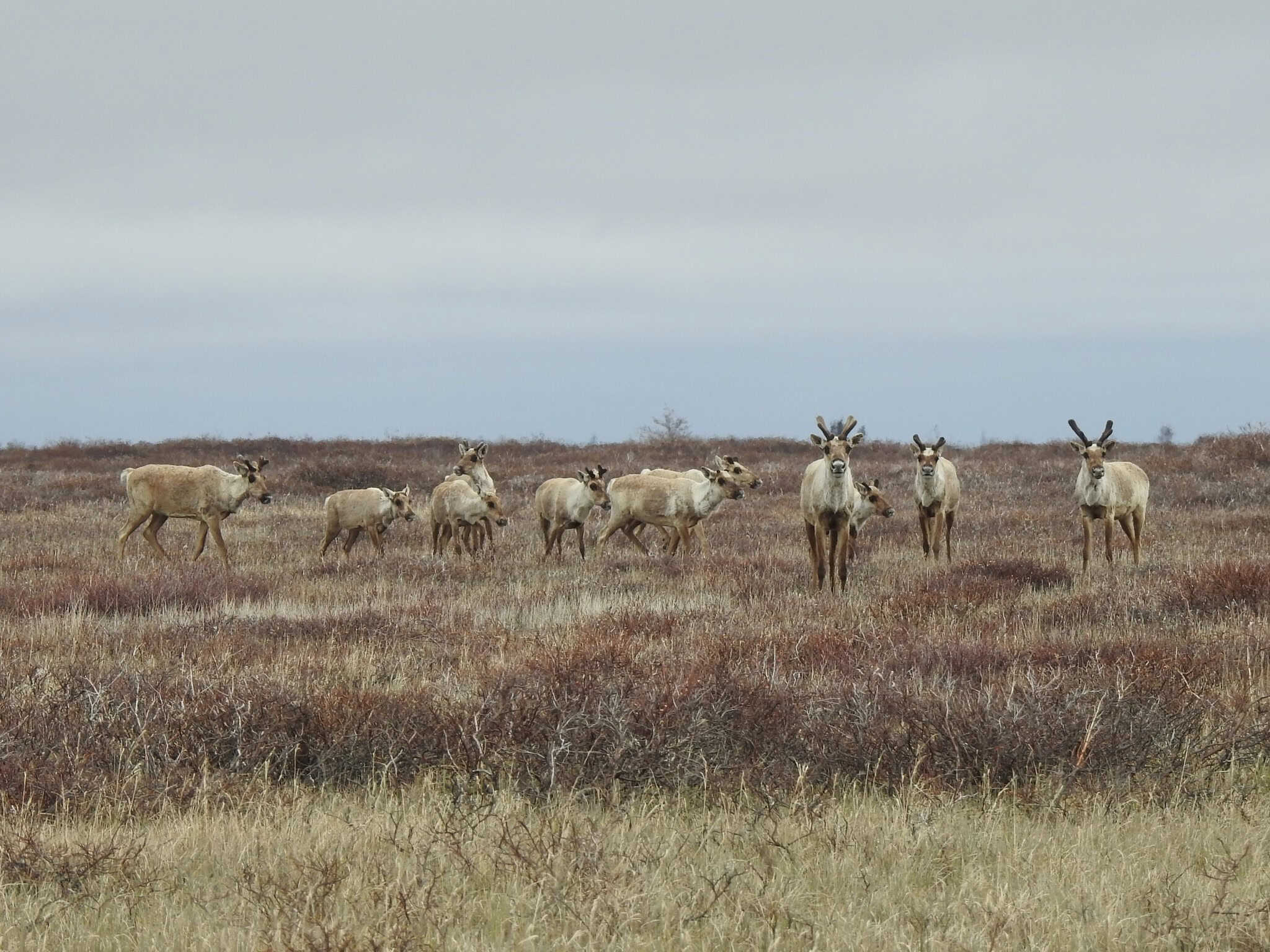Share this article
Mind-altering parasite makes hyena cubs bolder
Hyena cubs infected with the toxoplasma parasite, commonly found in domestic cats, become bolder in the face of lions, resulting in higher death rates.
Toxoplasma gondii is the parasite that reproduces sexually in cats. It’s sometimes spread to humans who handle domestic cat feces and can cause a disease called toxoplasmosis that results in muscle pain, fever and headache. Infection by the parasite is also linked to psychological illnesses like schizophrenia.
But cats aren’t the only animal to harbor the parasite. It’s also found in a large number of wild species, including the hyenas inhabiting a remote region of Kenya. These animals are now helping researchers answer longstanding questions about T. gondii’s impacts on wild hosts.
In a study published in Nature Communications, parasite specialists and spotted hyena (Crocuta crocuta) specialists joined forces to find out if the parasite impacts the animals’ behavior and survival in the Maasai Mara National Reserve in Kenya.
“Hyenas turned out to be an excellent model for asking questions about the links between infection and behavior,” said Eben Gering, the co-lead author of the study and an assistant professor at Nova Southeastern University in Florida. A hyena project in Maasai Mara had been collecting information on the animals for three decades. “Every time one of these animals sneezes, it’s recorded,” Gering said.
To ask how these behaviors and life milestones relate to toxoplasma infection, the team of researchers first had to determine the prevalence of the disease in hyenas. The researchers anesthetized the animals using an air powered dart gun and collected measurements on the sedated animals. They collected blood plasma, which helped them identify if the hyena was infected with T.gondii by looking for antibodies.

Spotted hyenas in Kenya’s Maasai Mara National Reserve. Credit: Zach Laubach
The team, led by the Masai Mara Hyena Project Director Kay Holekamp, a professor at Michigan State University, is able to identify individual hyenas based on their spot patterns, so they could pair behavioral data with individuals that were infected. They could also keep track of which hyenas were dying. To determine cause of death, team members would find dead hyenas on the savanna, look for characteristic signs of puncture wounds from lions (Panthera leo) on the animals’ necks and conduct necropsies.
Throughout the research, the team was also collecting daily behavioral observations—“who was aggressing on whom and behavior every time we observed a hyena encounter a lion,” said Zach Laubach, a postdoctoral fellow at the University of Colorado Boulder and the paper’s other co-first author.
Putting all of this information together, the team could look for trends between hyenas infected with T.gondii and their behaviors and survival rates. The team found that for hyena cubs, the parasite did have an impact.
Hyena cubs were observed at closer distances to lions than those that weren’t infected. Usually, cubs retreat into dens underground when a lion is around, but infected cubs didn’t seem to shy away. In addition, the team found that hyena cubs up to a year old were more likely to be killed by lions if they were infected with the parasite. In fact, all of the infected cubs that died were killed by lions. Only 17% of the uninfected cubs died from lion attacks before turning a year old.

Vultures scavenge on a hyena that was killed by a lion. Credit: Zach Laubauch
Researchers speculate that older hyenas are less affected by the parasite because their immune systems are better at handling the parasite or they are able to better temper their behavior.
While being infected and living in an area with lots of lions can increases risks of prematurely dying, Laubach said hyena populations probably don’t have much to worry about, even though some cubs seem more likely to die by lions when infected with the parasite. “I’m pretty sure if there was a complete nuclear fallout, hyenas and cockroaches would remain on earth,” he joked. “They’re an amazing animal, quite tough. I wouldn’t say it’s a population or conservation threat.”
But the findings do have implications for other species—even humans—that are also host to the parasite T. gondii. In fact, the team came across a flock of vultures descending on the carcass of a hyena that was killed by a lion. “If that animal was infected, the parasite may now be distributed widely,” Laubach said. “The transmission is not just among wildlife, but the exchange between humans and domestic animals and wildlife. And that dynamic remains to be explored.”
Header Image:
Spotted hyena cubs infected with T.gondii exhibit bolder behavior and are killed by lions at higher rates.
Credit: Zach Laubach








